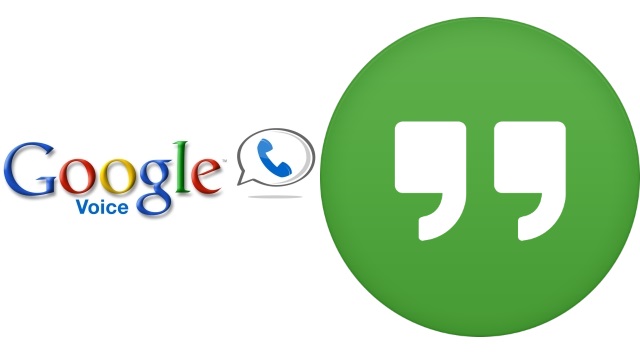 After years of neglect save for token updates across platforms, Google has now begun the process of merging core Google Voice functionality into its Google Hangouts app on Android and iOS and will slowly retire the standalone Google Voice app with the advent of a companion Voice dialer for Hangouts.
After years of neglect save for token updates across platforms, Google has now begun the process of merging core Google Voice functionality into its Google Hangouts app on Android and iOS and will slowly retire the standalone Google Voice app with the advent of a companion Voice dialer for Hangouts.
Android users can make free voice calls as soon as they update to the newest version of Hangouts which is being currently pushed out over Google Play, while web and iOS Hangouts users will have access to free calls immediately. Hangouts users are also getting access to some key Google Voice features: Calls made from within the Hangouts client now feature a user’s Google Voice phone number as their caller ID, and calls to that number are automatically answered through the Hangouts app.
Hangouts users will also be able to send SMS text messages through Hangouts, and Google Voice voicemail messages will start to show up in Hangouts conversational streams on Android and the web version, while the iOS app will be updated soon to support the aforementioned features and only supports voice calling for now.
The history of Google Voice has its roots in the startup known as GrandCentral, which was one of the first companies to assign free US phone numbers for users to merge disparate phone lines into one master line that could access home and office calls without issue through forwarding. The service also allowed for customization, with free visual voice mail and custom ring back tones/greetings, before that feature was curtailed due to rights concerns. The service was purchased by Google and quickly rebranded into Google Voice, with the goal of expanding availability beyond the US and was also tipped by many to herald the availability of Google subsidized phone service, an idea which never fully materialized.
However, in the past three years, Voice had grown stagnant, with no real updates outside of landing carrier integration with Sprint and quasi MMS support with Sprint and T-Mobile, but other long-hoped for features never materialized and Google seemed to ignore Voice in terms of overall support, despite moves such as cutting deals with charitable organizations to assign phone numbers to the homeless in San Francisco to encourage stability and promises to add more features.
Now with the integration of key Voice features into Hangouts, Voice as a standalone app will certainly cease to exist in the future, but Hangouts will become its eventual successor. What remains to be seen is the future of the call forwarding management and web-based tools found in the current Voice service, as the focus is shifting for Voice from a standalone service.